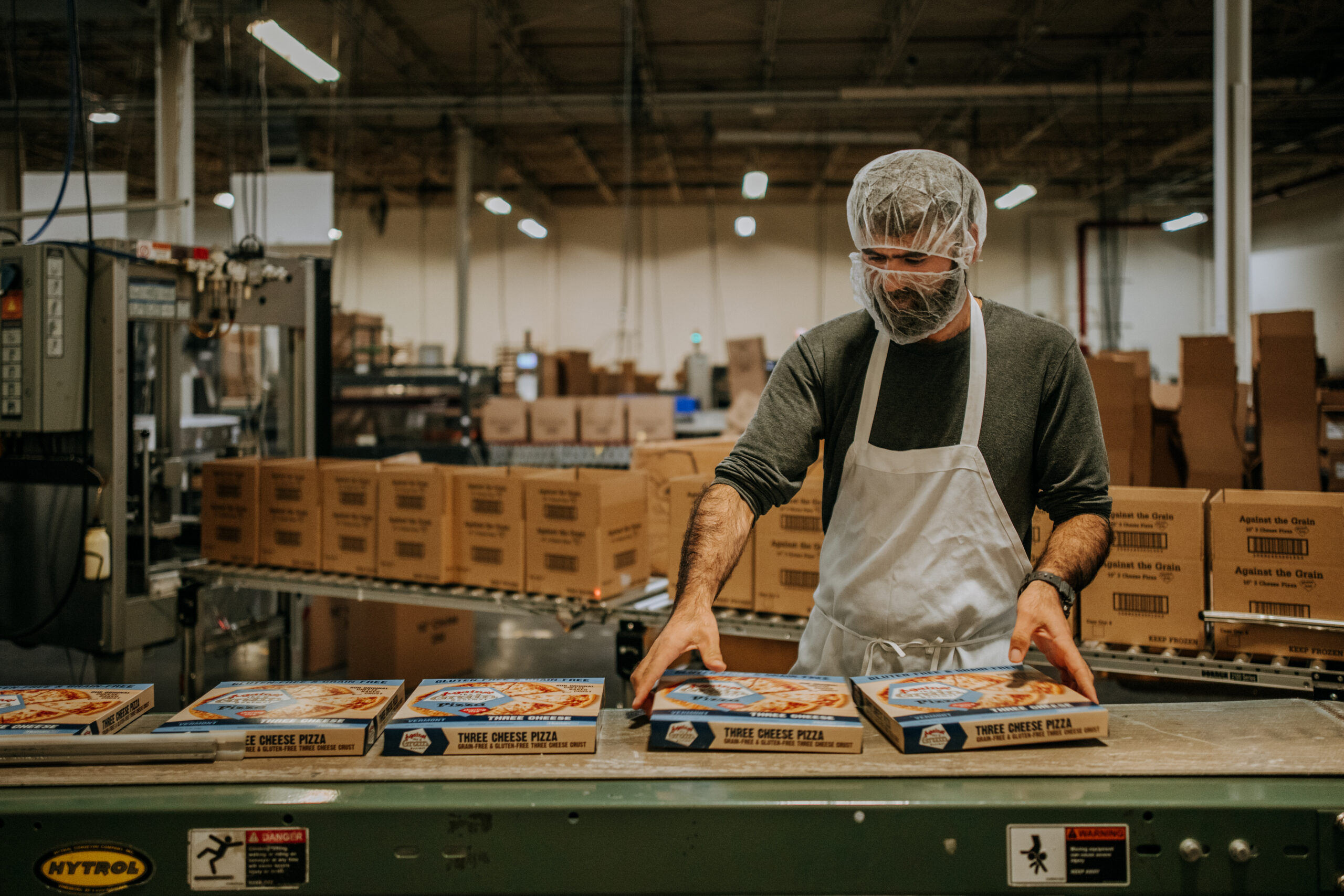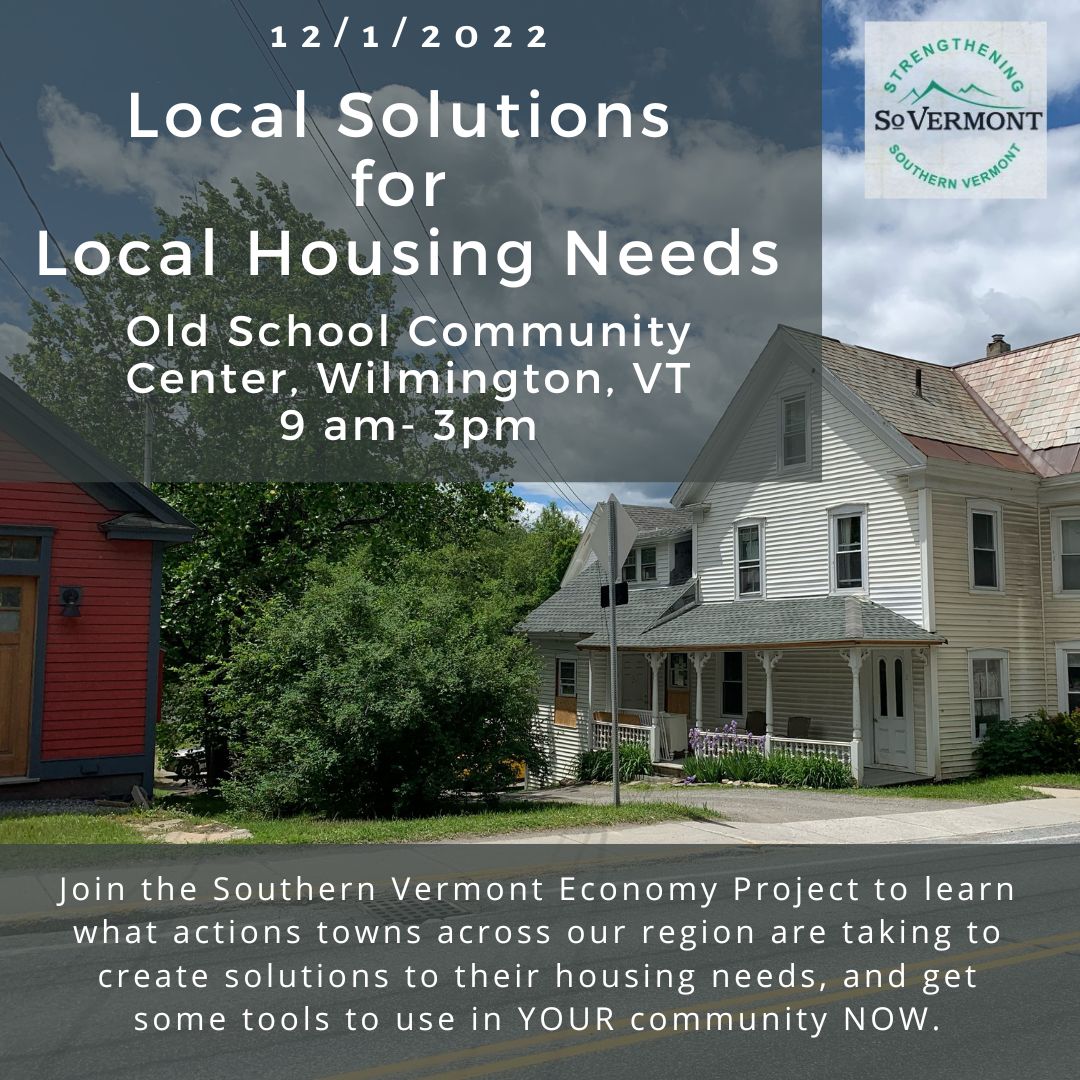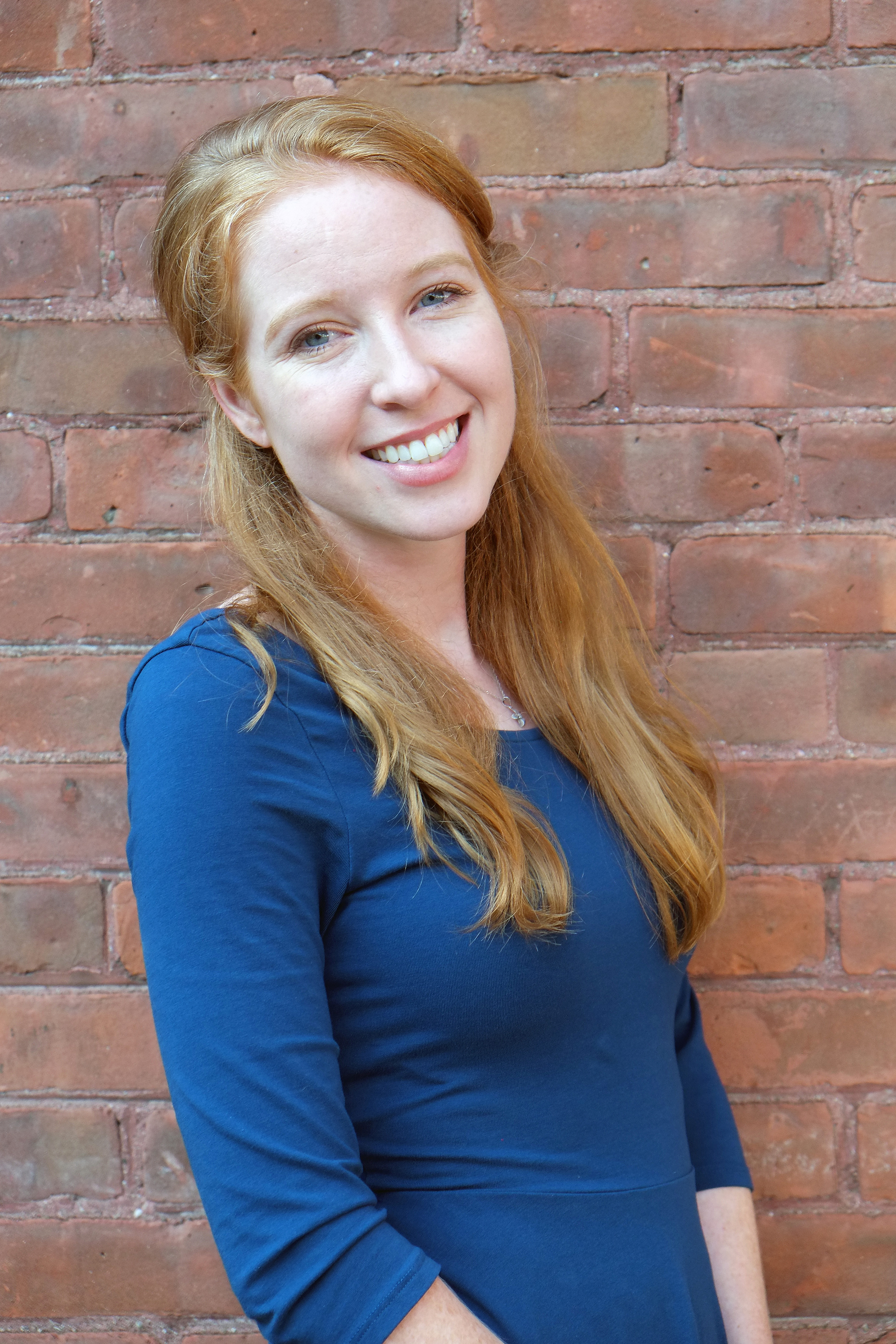
‘A really good sign’: Refugee in-migration outpaces out-migration in Southern Vermont
From the Brattleboro Reformer November 1, 2022
By Chris Mays, Brattleboro Reformer
BRATTLEBORO — Refugee resettlement is off to a good start in Southern Vermont, where programs were built from the ground up with a lot of community collaboration.
Joe Wiah, director of the local Ethiopian Community Development Council branch, said 120 people have resettled locally through ECDC programs since the beginning of the year when it all began. Fourteen refugees have out-migrated to other states and 19 have migrated to Southern Vermont, bringing the total number to 125.
Wiah said 122 of them are Afghan and the other three, a family, are from Guatemala. Three additional family members were born since that family has resettled here, and four more babies are expected to increase the entire refugee population over the next year.
Beck’s group knew refugees would leave the local area but they didn’t know what exactly to expect for numbers. He cited job or educational opportunities and family as reasons for moving elsewhere.
Seeing refugees migrate to the area from other places in the U.S. is “a really good sign,” Beck said. He sees it as evidence that experiences are being shared with others from their country of origin in a way that results in refugees deciding Vermont is a good place for them to live.
“We know we have the jobs,” Beck said. “That generally isn’t the hard part, with labor shortages across the country. It’s really that they can see themselves as part of the community longer term.”
Much like BDCC focuses on making an inclusive environment for young professionals by touting jobs and the ability to form friendships via networking opportunities, the group’s programming for refugee resettlement is based on creating welcoming communities and having infrastructure that caters to sustainable long-term living for new Americans.
Beck pointed to the recent anniversary celebration for local resettlement efforts at the Brattleboro Museum & Art Center as an example in which the arts community put Afghan refugees’ work “front and center.” He also touted the High Street mural project in which refugee artists were invited to paint the wall.
Negina said it wouldn’t be possible to share artwork publicly without the community’s support and kindness.
“That’s why we love Brattleboro,” she said.
Moving forward, Beck told the Reformer he’s most excited about starting a new ethnographic interview project in partnership with the Vermont Folklife Center.
“It’s about experiences of new Vermonters,” he said. “We’ll be interviewing folks who have arrived very recently as well as folks who identify as having an immigrant background who might have come 20 years ago.”
Beck said the Vermont Folklife Center is going to help identify immigrant leaders and community members who want to be trained to assist with the project. Questions will touch on reasons for staying local and why others left.
“It’s a historical look at that question: what does it take to be a welcoming community,” Beck said. “It is complex.”
At the anniversary celebration, BDCC received commendation for its role in preparing the infrastructure for resettlement. Beck said he’s proud of the workforce and employment assistance his group provided, however, he noted it’s not all about jobs but “growing community.”
“Now, there’s murals, artists and all those things that make a vibrant community that are outside the workforce development component, which is something that we have a history doing,” he said. “This, of course, is newer to us and it’s also proof that I think that we were kind of onto something.”
His group has long contended that the more people who can be brought to the area and the more diversity, the better.



